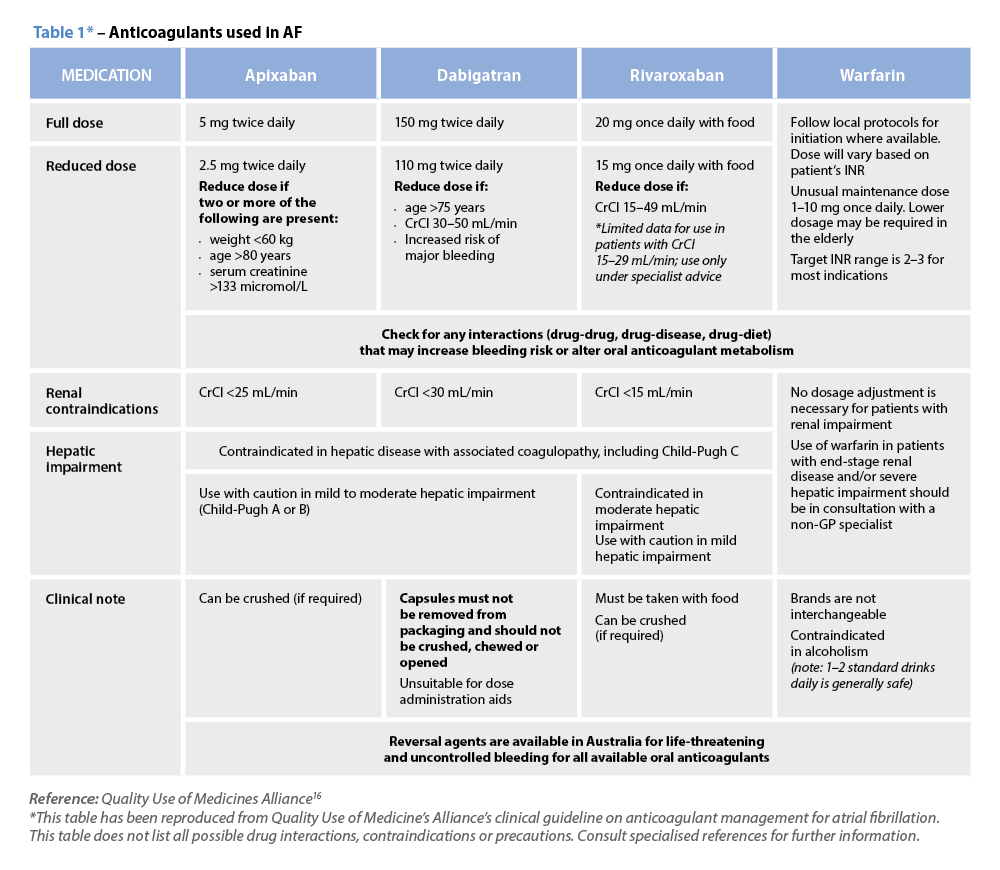Collaboration between the health sector and governments is essential to reducing the negative health impacts of climate change, according to PSA’s first Environmental Sustainability Position Statement.
Health care is responsible for 7% of Australia’s overall carbon emissions. As medicines are responsible for a significant proportion (20%) of health care’s carbon footprint, pharmacy must follow suit, said early career pharmacist Dr Esa Chen MPS, the driving force behind PSA’s statement.
‘PSA wants pharmacists wherever there are medicines,’ Dr Chen said. ‘That means we have a role to play in this because it’s going to involve some changes in how we manufacture and supply medicines.’
The PSA is striving to work with manufacturers to ensure products like inhalers for respiratory medicines are sustainable.
While the statement calls on all governments to work towards net zero carbon and limit air pollution to mitigate its harmful health effects, key actions for pharmacists include:
- reframing climate change as a health issue
- partaking in environmentally sustainable practice and clinical care
- increasing awareness of and access to medicine disposal services.
Climate change is a healthcare issue
Between 2030 and 2050, the World Health Organization estimates climate change will be responsible for 250,000 additional deaths each year.
Australian healthcare bodies including the Australian Medical Association (AMA) and the Australian Commission on Safety and Quality in Health Care have long advocated for sustainability in healthcare.
In its 2019 position statement, the AMA called on governments to take action to improve environmental sustainability in health care. It also placed the responsibility on medical practitioners to both broaden their understanding of the link between environmental sustainability and improved healthcare effectiveness, efficiency, and financial sustainability; and actively participate in sustainable workplace practices.
It is essential to reframe climate change and environmental concerns as a health issue, said Dr Chen, who co-presented the ECP session – climate change taskforce with Deanna Mill MPS at PSA22, where the statement was released.
I will reduce the carbon footprint of my practice by lowering low value care.#PSA22SYD #healthyclimate pic.twitter.com/IZegm0n8s7
— Samuel Keitaanpaa (@SKeitaanpaa) July 29, 2022
Along with the increased frequency and intensity of extreme weather events such as flooding and bushfires, heatwaves are also more prevalent.
‘We have hotter summers and they’re lasting longer. How [heatwaves] are timed in the year is also changing,’ Dr Chen said.
These weather events do not affect the community equitably. Heatwaves disproportionately impact young children and older people, who do not have the physiological capability to deal with extreme heat, she said.
Lower socioeconomic groups, who may not have access to air conditioning or who live in the heat islands of the outer suburbs, are also impacted.
‘Then there’s the issue [of] how do you make sure medicines are stored at the correct temperature. Do you have to run the air conditioning all the time?’ asked Dr Chen.
Earlier this year, the impact of the New South Wales floods was evident on flood security when the price of lettuce skyrocketed after crops were destroyed. Climate change can also alter the nutritional value of vegetables.
Rising levels of carbon dioxide in the atmosphere are stripping rice and wheat of nutrition, contributing to the potential of millions of people becoming zinc and protein deficient by 2050.
Changing weather patterns also alter the patterns of infectious disease.
‘Japanese encephalitis has never been seen at such a southern latitude before,’ Dr Chen said.
Sustainability through practice
Metered dose inhalers are one of the biggest culprits in medicine’s carbon footprint, as the propellants used in MDIs are a high potency greenhouse gas.
But good clinical care can reduce the environmental footprint of the health sector, said Dr Chen. This includes confirming a diagnosis of asthma so patients are not using medicines unnecessarily, and optimising asthma control by reducing short-term inhaler use and deprescribing where appropriate.
I will support my patients to reduce their environmental impact by supporting optimal #asthma control. Did you know x1 typical salbutamol inhaler contributes to global warming the same as the exhaust from a car driving 300km (almost Sydney to Canberra)? #healthyclimate #PSA22SYD
— Georgina Hughes (@HughesGeorginaA) July 29, 2022
Pharmacists can also suggest patients switch to a dry powder inhaler where clinically appropriate.
Dr Chen is personally advocating for ‘empty’ inhalers, which currently end up in landfill, to be disposed of via the Return Unwanted Medicines (RUM) program.
‘Counters [were introduced] so you know how many [doses] you have left. But even when there’s a zero count, there’s always going to be something left in it,’ she added.
The Royal Pharmaceutical Society in the United Kingdom suggests a range of changes pharmacists can make in everyday practice. Tips include:
- optimising medicine use at transitions of care
- digitising health care (for example, encouraging electronic prescriptions)
- teaching patients how to use tablets to reduce the use of liquids, which are less environmentally sustainable.
Improving RUM awareness
While used or expired medicines should always be returned to pharmacies, Dr Chen said community awareness of the RUM program is low.
‘Every time I give an inhaler out, I always tell them to bring it back, and I have not come across one person who already knew that,’ she said.
I will support my patients to reduce their environmental impact by continuing to review inhaler techniques and asthma management plans to ensure devices are being used effectively and reducing MDI wastage #psa22syd #healthyclimate
— Erin Cooper (@misserin_c) July 29, 2022
Since becoming an advocate for climate change, Dr Chen realised people don’t seem to connect the dots between carbon emissions and health care.
‘Climate change itself is something that happens in increments. So it’s really difficult to grasp that what you do has an impact,’ she said.
‘Just saying, “We can dispose of your medicines safely so they don’t get into the environment” is something that in my experience, people have always been on board with.
‘Quality use of medicines and medication stewardship are all actions that also reduce the carbon footprint,’ she said.
Pharmacy has the power
Because much of community pharmacy is made up of small businesses, pharmacists have decision-making power to embed sustainable practices.
‘There are all those infrastructure things [such as] where do you get your energy from or what kind of cleaning products do you use?’ Dr Chen said.
While there are a range of factors that go into pharmacists’ decisions to order medicines from certain suppliers, sustainability can also be factored in.
‘Symbion, for example, takes back the plastic boxes they deliver [medicine] in,’ she said.
‘If [pharmaceutical companies] electrify their fleet, for example, that [will] be much more impactful than anything I could do.
‘[But] they’re only going to do that if either the government tells them they have to, or if it’s a positive business case to do so.’
That’s where customer demand comes in and where pharmacists can make a big impact.
‘How many people actually have access to pharma companies? Not that many,’ Dr Chen said.
Some pharmaceutical companies are already realising the importance of this, Dr Chen said, citing Boehringer Ingelheim’s marketing of Spiriva Respimat as a sustainable option. The reusable function means patients can use two devices per year instead of 12.
‘I think that shows we’re moving in the right direction.’




 ‘We’re increasingly seeing incidents where alert fatigue has been identified as a contributing factor. It’s not that there wasn’t an alert in place, but that it was lost among the other alerts the clinician saw,’ Prof Baysari says.
‘We’re increasingly seeing incidents where alert fatigue has been identified as a contributing factor. It’s not that there wasn’t an alert in place, but that it was lost among the other alerts the clinician saw,’ Prof Baysari says.


 Beyond the arrhythmia, AF often signals broader pathological processes that impair cardiac function and reduce quality of life and life expectancy.5 Many of these conditions are closely linked to social determinants of health, disproportionately affecting populations with socioeconomic disadvantage. Effective AF management requires addressing both the arrhythmia and its underlying contributors.4
Beyond the arrhythmia, AF often signals broader pathological processes that impair cardiac function and reduce quality of life and life expectancy.5 Many of these conditions are closely linked to social determinants of health, disproportionately affecting populations with socioeconomic disadvantage. Effective AF management requires addressing both the arrhythmia and its underlying contributors.4  C – Comorbidity and risk factor management
C – Comorbidity and risk factor management Warfarin
Warfarin




